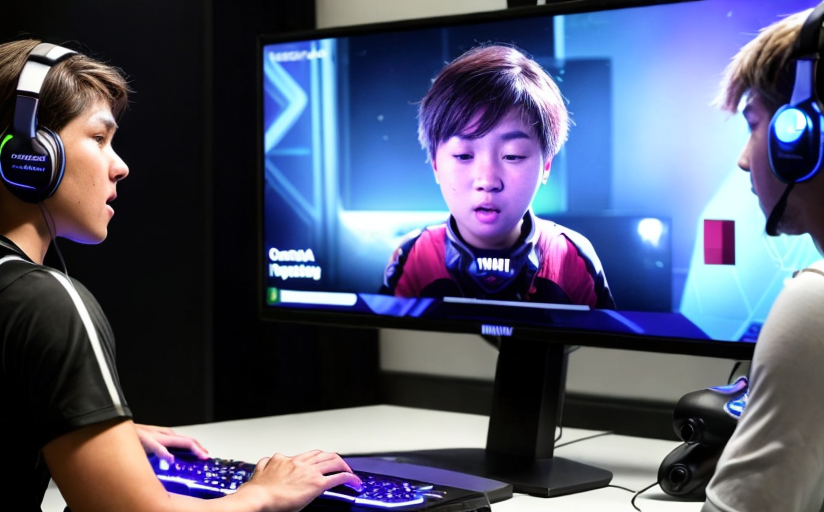The Psychological Impacts of the Continual Rise of Video Games and Esports
The growing popularity of video games and esports has not only revolutionized the entertainment industry but has invited an array of debates around its psychological implications. The dichotomy of these impacts, ranging from the advantageous to the detrimental, makes it a complex topic.
Negative Psychological Impact
Addiction and Social Isolation
On one hand, the potential negative impacts can't be ignored. According to a study by Dr. Mark Griffiths, Nottingham Trent University, excessive gameplay can lead to video game addiction. This happens when gaming interferes with the player's daily routines and responsibilities, causing distress or dysfunction. Such addiction might result in social isolation, as gamers might spend less time in real-world social interactions.
Positive Psychological Impact
Cognitive Enhancement and Problem-Solving Skills
Conversely, numerous studies exemplify the beneficial effects of video games too. A research conducted at the University of Geneva states that certain strategic games can lead to cognitive enhancements. 'Action games' might aid in better hand-eye coordination, increased spatial resolution of vision, and improved reaction time. Moreover, 'puzzle and strategy games' could boost memory, reasoning, and problem-solving skills.
Social Interaction in a Virtual Setup
Another argument in favor is the social interaction aspect. According to Dr. Rachel Kowert, a renowned gaming psychologist, online games can provide an interactive social platform where players can connect with others worldwide, thereby enhancing their social skills.
Insights from Gamers
Gaining perspectives directly from players can provide valuable insights too. A simple survey across different gaming communities could reveal how video games have positively impacted their cognitive skills and social interactions while shedding light on gaming addiction experiences.
Striking a Balance: Benefiting Psychologically from Gaming and Esports
Given these diverse impacts, the key lies in striking a balance. Guidelines from American Psychological Association suggest setting up 'healthy gaming habits'. This can ensure that individuals garner the cognitive and social benefits of gaming while preventing the potential risks of addiction. It's crucial to regulate the hours spent gaming, taking regular breaks for physical activity, and maintaining offline socialization.
To conclude, video games and esports harbor the potential to be a double-edged sword. It's our responsibility, as gamers or guardians of gamers, to journey through this fascinating virtual world responsibly. With balanced and healthy gaming habits, we can certainly morph the challenges of gaming into opportunities for psychological development.

















Comments
Leave a Comment